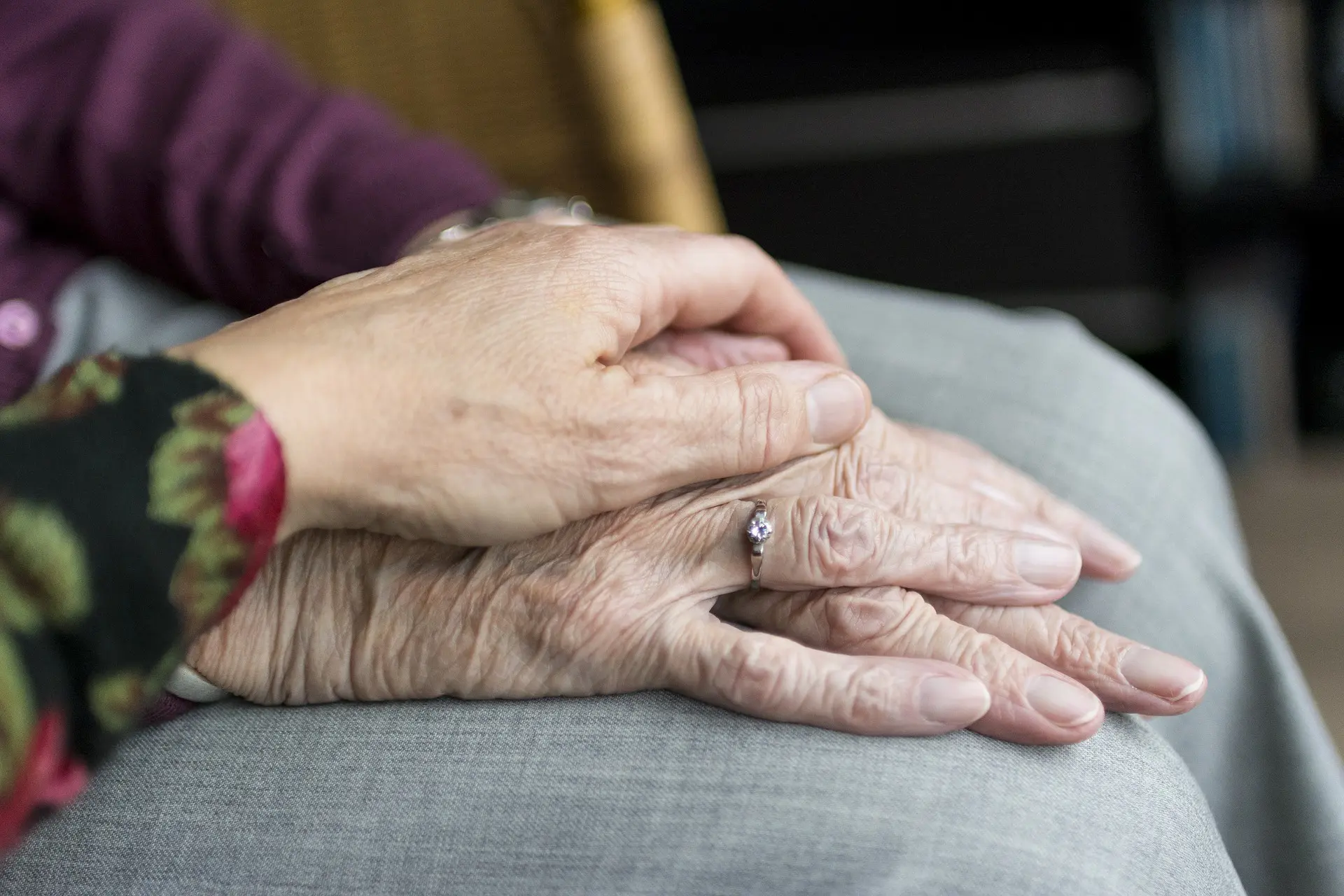
11 Mar Protecting Elders from Nursing Home Abuse Part 2
Estate Planning involves more than simply listing assets and deciding who should inherit them. At Phelps LaClair, as specialists in estate planning, we are committed to helping families be prepared for every stage of life. Especially families who are planning for long-term care of elderly parents. In our last blog post, we opened the topic of protecting the elderly from nursing home abuse: what it is and the difficulty involved in detecting it. In this blog, we will look for specific signs that point to elder abuse.
Physical Abuse
Physical abuse is characterized by hitting, pushing, slapping or restraining that results in bodily harm. Cuts and bruises are evidence of this type of abuse. In extreme cases, so are broken bones, broken eyeglasses, burns, and rope marks on a patient’s wrists. You may also suspect this and other types of abuse if the caregiver will not leave you alone with the patient because they fear you may discover some abuse has taken place.
Emotional Abuse
Equally as devastating as physical abuse is emotional abuse. It comes as a result of bullying, yelling, using hurtful words and demeaning actions. The caregiver may also ignore the patient, refuse to grant reasonable requests, or deny social interaction. Depression, confusion and withdrawal are often indicators of emotional abuse.
Neglect
Neglect will often manifest as weight loss, inappropriate clothing, bedsores, and/or unsafe and unclean living conditions. Often negligent caregivers will also refuse to respond to the patient’s personal needs for hygiene.
Mental Abuse
Similar to emotional abuse, this type of abuse uses words and actions to break down a patient’s sense of identity and sanity. The common slang for this abuse is Gaslighting, after the movie of the same name. As a result of abuse, the victim often ends up in total submission and reliance upon the caregiver. The patient becomes unable to make their own decisions. The victim is also often unable to understand, let alone communicate, the reality of what has been happening.
Sexual Abuse
Sexual abuse can be anything from unwanted and inappropriate touching, to rape. It can also be forced exposure to pornography or observing or participating in sexual acts. Indicators of sexual abuse are genital bruising or infections, or torn or bloody underwear. It can also be seen in withdrawal from social activities, traumatic responses such as rocking or thumb sucking, sleeplessness and depression.
Financial Abuse
When there are unexplained changes in a patient’s financial situation, financial abuse may be the reason. There may be unauthorized charges on credit cards or bank account withdrawals. Changes in insurance policies, wills and trusts, cash or valuables disappearing from the patient’s room all indicate possible fraud. Be aware of the situations where financial abuse could be taking place.
Caring and Giving
Not everyone is cut out to be a caregiver. There are many stresses involved in caring for elders who are increasingly needy. Stress can push some people to behave in ways they normally wouldn’t choose. Even when family members may desire to take care of aging relatives, the demands of modern life cannot be ignored. Long-term care facilities serve a valuable function in end-of-life situations, and the vast majority of them are good. Still, it is best to be vigilant for any and all signs of abuse.
Protecting the elderly from nursing home abuse happens when family and loved ones are aware and alert to help make sure their loved ones are properly cared for. At Phelps LaClair, we know you care. You want the best for your family members. Being ready for long-term care needs is possible if you plan ahead. And when the time comes, being able to opt for a quality facility of your choosing is part of strong estate planning. If you have questions about estate planning that includes a viable long-term care plan, give us a call. We can help.
Images used under creative commons license (Commerical Use) 03/11/19


